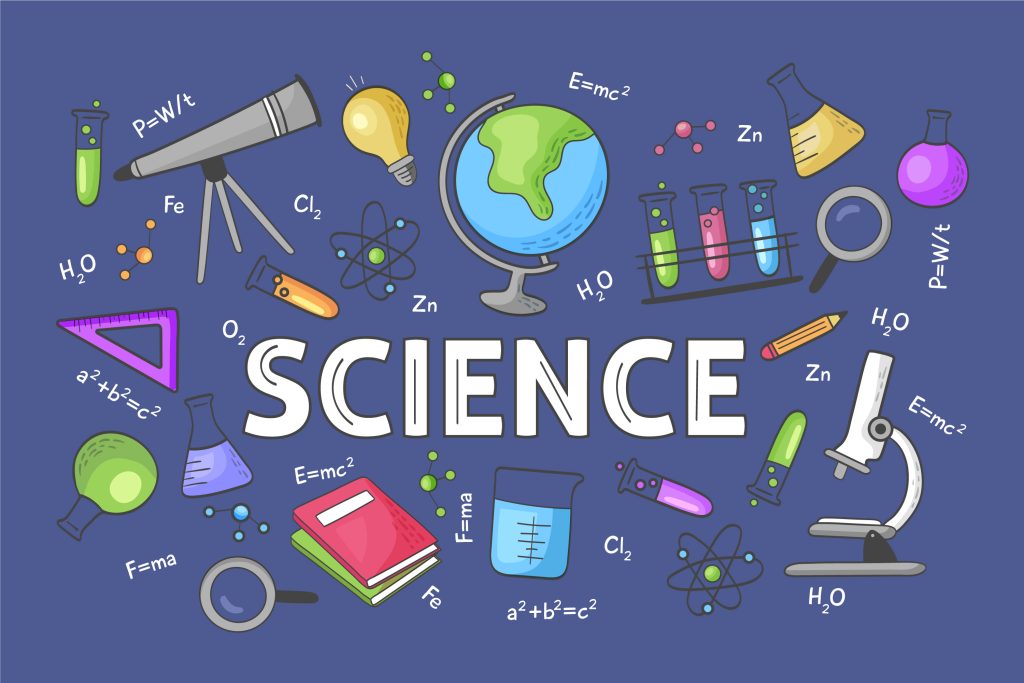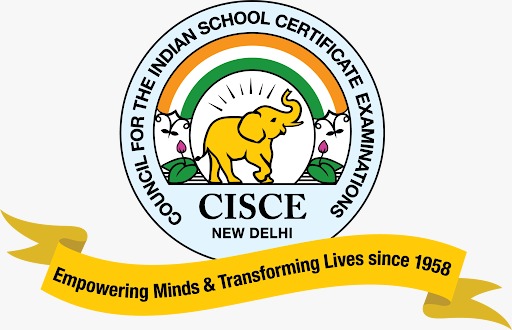What are the Subjects in Science Stream Class 11?
Entering Class 11 marks a significant transition in a student’s academic journey, especially for those choosing the science stream. This stage is crucial for building a strong foundation for future studies and career paths. Understanding the subjects available and making informed choices can set the stage for academic success and personal satisfaction.
Introduction
Overview of Science Stream in Class 11
The science stream in Class 11 typically includes a blend of core subjects and elective options, designed to provide a comprehensive understanding of fundamental scientific principles. This curriculum prepares students for higher education in various science-related fields, including engineering, medicine, and research.
Importance of Choosing the Right Subjects
Selecting the right combination of subjects is vital for aligning academic interests with career goals. Making informed choices ensures that students are well-prepared for future challenges and opportunities in their chosen fields.
Core Subjects in Science Stream
Mathematics
Mathematics is a fundamental subject in the science stream, focusing on concepts such as algebra, geometry, calculus, and statistics. It develops critical thinking and problem-solving skills essential for advanced studies in science and engineering.
Physics
Physics explores the principles governing the natural world, including mechanics, electromagnetism, and thermodynamics. It provides a foundational understanding of physical laws and their applications in real-world scenarios.
Chemistry
Chemistry involves the study of matter, its properties, and interactions. Key topics include organic, inorganic, and physical chemistry. This subject is crucial for understanding chemical reactions and their applications in various industries.
Biology
Biology covers the study of living organisms, including their structure, function, and evolution. Topics include cell biology, genetics, and ecology. Biology is essential for students interested in pursuing careers in medicine, environmental science, or biotechnology.
Optional Elective Subjects
Computer Science
Computer Science introduces students to programming, data structures, and algorithms. It equips them with skills relevant to the growing field of technology and information systems, preparing them for future careers in software development and IT.
Biotechnology
Biotechnology combines biology with technology to develop products and processes in areas like medicine, agriculture, and environmental management. It provides insights into genetic engineering, bioprocessing, and bioinformatics.
Economics
Economics focuses on the principles of resource allocation, market dynamics, and economic theories. This subject is beneficial for students interested in understanding the economic aspects of science and technology industries.
Psychology
Psychology explores the human mind and behavior, covering topics such as cognitive processes, developmental psychology, and mental health. It is valuable for students interested in careers related to counseling, mental health, or behavioral research.
Subject Selection Tips for Class 11
Assessing Interests and Career Goals
Evaluate your interests and future career goals when choosing subjects. Select subjects that align with your passions and the career path you wish to pursue. This alignment ensures a more engaging and productive learning experience.
Consulting Teachers and Counselors
Seek advice from teachers and career counselors to make informed decisions. They can provide insights into the subject matter, career implications, and the academic requirements for various fields.
Balancing Academic Rigor with Personal Strengths
Choose a combination of subjects that balance academic rigor with your strengths and interests. This approach helps in managing workload effectively and excelling in chosen subjects.
Career Options After Class 12 Science
Engineering and Technology
Students with a science background can pursue engineering and technology degrees in fields such as mechanical, electrical, and computer engineering. These careers offer diverse opportunities and high earning potential.
Medicine and Allied Health Sciences
A science stream background is essential for careers in medicine, nursing, and other health sciences. These professions require strong knowledge of biology and chemistry, along with specialized training.
Pure Sciences and Research
Careers in pure sciences involve advanced studies and research in fields like physics, chemistry, and biology. These roles contribute to scientific advancements and innovations.
Other Emerging Fields
Emerging fields such as environmental science, data science, and biotechnology offer exciting career opportunities. Staying informed about these fields can help in choosing relevant elective subjects and career paths.
Importance of Extracurricular Activities
Role of Sports, Arts, and Leadership Activities
Participating in extracurricular activities such as sports, arts, and leadership roles enhances overall development. These activities build teamwork, leadership, and time management skills, complementing academic achievements.
Balancing Academics with Holistic Development
Maintaining a balance between academics and extracurricular activities is crucial for holistic development. Engaging in diverse activities helps in building a well-rounded profile and preparing for future challenges.
Conclusion
Recap of Science Stream Subject Selection
Choosing the right subjects in the science stream is crucial for aligning academic interests with career goals. A thoughtful selection process ensures that students are well-prepared for future studies and professional opportunities.
Advice on Planning for Future Education and Career Goals
Plan your education and career path carefully by considering your interests, strengths, and long-term goals. Make informed decisions about subjects and extracurricular activities to build a strong foundation for future success.
FAQs (Frequently Asked Questions)
The compulsory subjects typically include Mathematics, Physics, Chemistry, and one elective subject.
Consider your interests, career goals, and future studies when choosing elective subjects. Consult with teachers and career counselors for guidance.
Career options include engineering, medicine, pure sciences, and emerging fields like biotechnology and data science.
Practical sessions and labs are essential for reinforcing theoretical knowledge and developing hands-on skills relevant to science subjects.
Extracurricular activities contribute to holistic development, building skills such as leadership, teamwork, and time management, and enhancing overall academic and personal growth.








